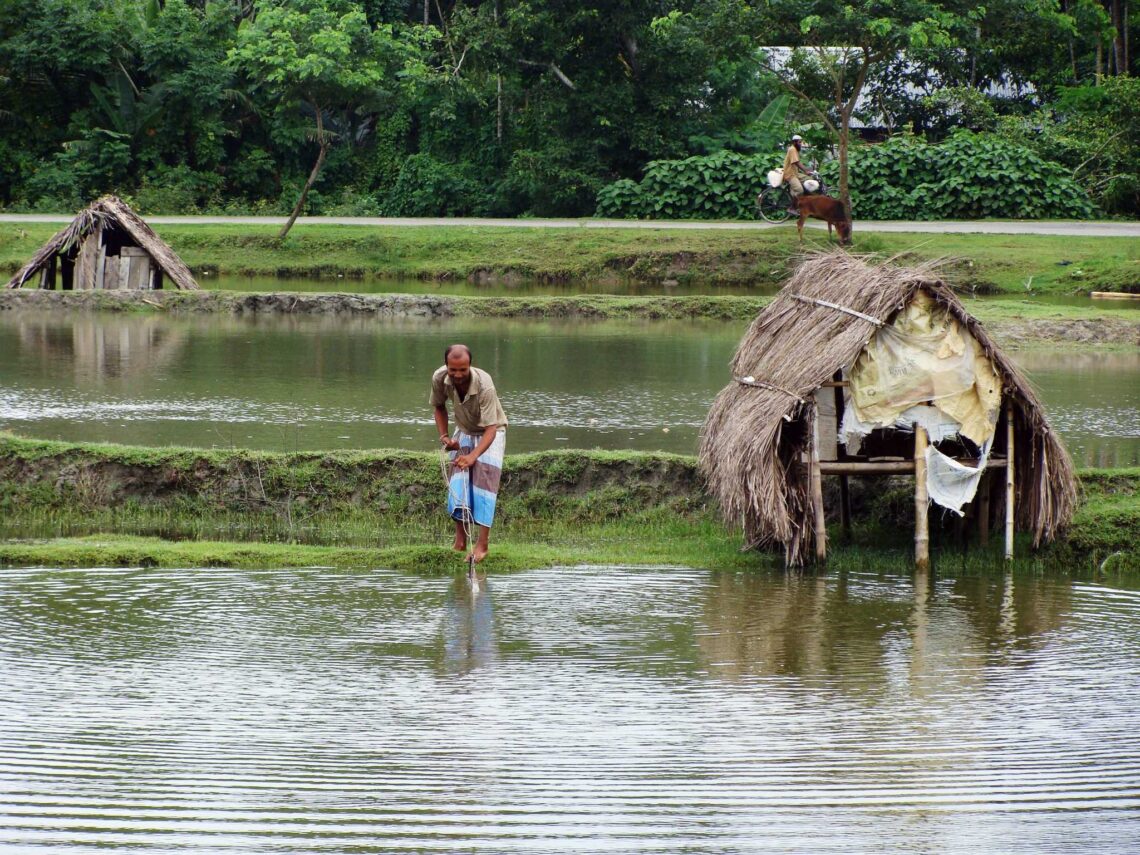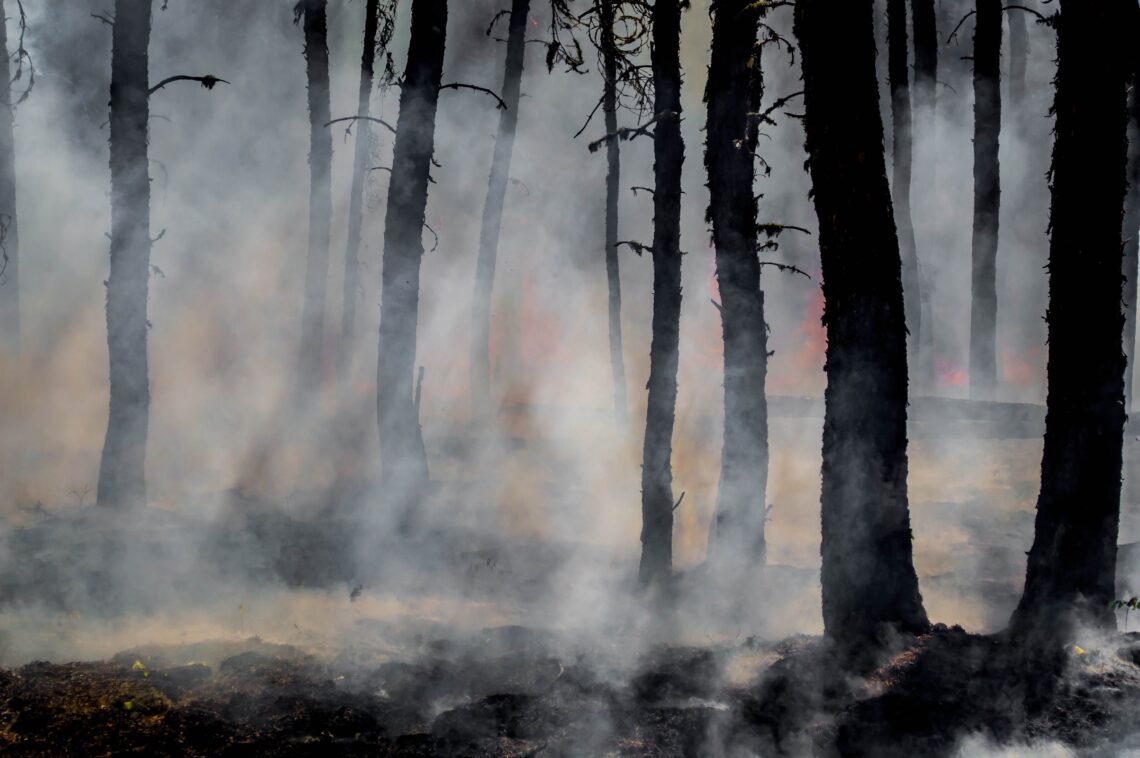The Green Deal dives into the Blue Economy

Oceans will play a key part in the ongoing transition: they are an invaluable resource for the climate-neutral world, providing renewable energy, food, and solutions. However, they also host fragile ecosystems that are suffering from climate inaction. Policymakers, scientists, financial actors, and civil society have their eyes fixed on the sea, because “there can be no Green Deal without a sustainable blue economy.”
Nature-based solutions

What if nature could provide wide-ranging solutions to the challenges we face as humans. From ecosystem-based approaches to green infrastructure and urban greening, understanding the true meaning of Nature-based Solutions (NbS) is the key to both protecting nature and increasing societal resistance to climate change.
The IPCC’s Sixth Assessment Report reveals the truth about past, actual and future climate change

In the new IPCC report scientists have made more accurate and reliable assertions on the extent, causes and future of our changing climate. As the crucial COP26 in Glasgow approaches, their assessment of the physical science of climate change may well act as a much-needed wake-up call. “It is unequivocal that human influence has warmed the atmosphere, ocean and land [and that] changes in the climate system have become larger in direct relation to increasing global warming,” reads the report.
To what extent do we value the future?

Over the last few decades, through rigorous investigation and research, the scientific community has reached a consensus around the reality of climate change. As this process continues, there is also a need to focus on finding solutions to the unfolding crisis and communicating scientific knowledge through effective storytelling.
Who Will Survive? A Journey to Climate-Proof Populations

Climate change is exacerbating problems such as habitat loss and extreme temperature fluctuations. With one in four species currently under threat of extinction, understanding which ones are better equipped to adapt, and hence survive, can provide valuable information for conservation efforts and policy choices.
There Is No Prosperity Without Natural Capital

Natural resources are neither free nor boundless. The time has come to challenge our conception of the relationship between the economy, society, and the environment and how we measure well-being and social progress. A new system takes the contributions of nature into account when analyzing economic development. It can be a game-changer for decision making processes.
Women: at the Heart of Climate Crises and Solutions

Women are more exposed to the effects of climate change and at the same time less represented in climate negotiations and national environmental ministries. Working towards gender equality can also lead to more effective environmental decision making and action, accelerating global efforts to achieve development goals.
The benefits of urban greening

Urban centres hold the majority of the world’s population, yet these man-made environments are often devoid of green spaces. Adequately planned urban greening can not only improve living conditions for city dwellers but also help countries meet their broader climate goals.
Dual-Action, Triple Win: Addressing the Converging Health and Climate Crises

Both weigh on the health systems, both aggravate existing inequalities, both have huge economic impacts. COVID-19 and climate change are crisis that need to be tackled together, because “we do not have the luxury of taking one crisis at a time”. The 2020 Lancet Countdown Report on Health and Climate Change told by one of its authors.
Private Sector: Low Carbon Investments in the Era of Uncertainty

A low carbon world is being shaped, and the private sector is in the spotlight. While the pandemic is teaching the importance of getting prepared to future risks, the big actors of the financial system are refining the criteria for the allocation of capital to get safe from the coming challenges. For businesses, keeping up with the change is not a matter of reputation anymore. Dealing with climate change is now about financial survival.
Heatwave: From Siberia to Global Warming

It’s not only about ice melting and rising temperatures. It’s also about a region that is being transformed dramatically by climate change. The way the Arctic is evolving comes with consequences for the environment, biosphere, international relations, and geopolitical balance. Scientists indicate that the recent heatwave in Siberia would have been virtually impossible without anthropogenic climate change. But how are these conclusions drawn, and how accurate is it to make these claims?
In Search of the Climate-Migration Lexicon

A warming world, displacement, migrants, refugees. Not only do words have the power to change popular perceptions, but they also shape legal landscapes, influence policy measures, and determine the fates of the most vulnerable. A collection of voices, definitions, infographics, and numbers provides a snapshot of the complex and multifaced climate-migration nexus.
